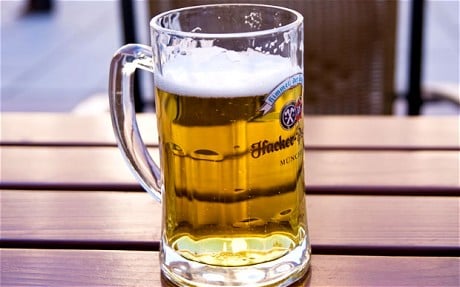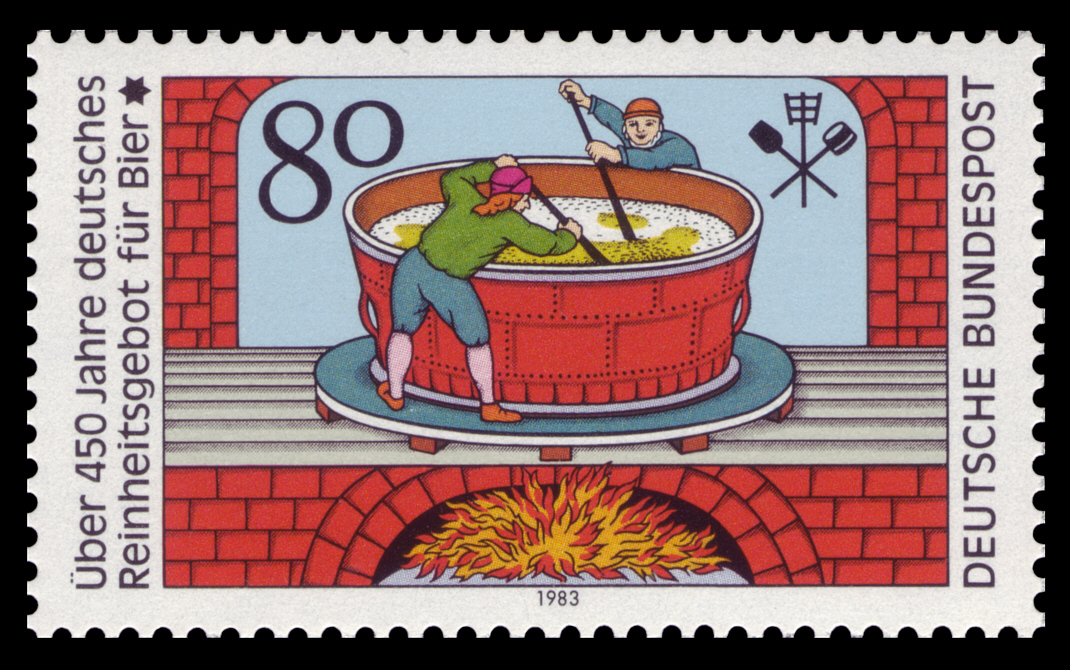Reinheitsgebot
“Furthermore, we wish to emphasize that in future in all cities, markets and in the country, the only ingredients used for the brewing of beer must be Barley, Hops and Water.”
Bavarian Duke Wilhelm IV proclaimed in 1516 the only ingredients used for the brewing of beer must be Barley, Hops and Water. This beer purity law ensured the quality of a product and threatened legal sanction against transgressors hundreds of years before anybody had heard of consumer protection laws. The home of Reinheitsgebot, Bavaria insisted in 1871 upon its application across the Germany Empire as a condition of joining Bismarck’s unified state. In 1919 Bavaria refused to join the “Weimar Republic” (officially known as the “German Reich”), unless their Reinheitsgebot was adopted by the rest of the newly reformed country.
The beer purity law was the forefather of the thousands of consumer regulations about food and drink production in Europe. Emperor Otto II granted a brewing licence in 974 to the church at Liege. A variety of other beer regulations existed during the late Middle Ages, including Nuremberg in 1293, Erfurt in 1351, and Weißensee in 1434.

Source: Germany’s beer purity law explained
The “Novus Modus Fermentandi Cervisiam” (New Method for Fermenting Beer) introduced by Emperor Charles IV in 1364 decreed that all beer brewed throughout the Holy Roman Empire must be brewed with hops.
Dutch naturalist Anton van Leeuwenhoek was the first to microscopically observe yeast in 1680 (although he didn’t consider yeast to be a living organism), while French microbiologist Louis Pasteur was the first to prove that indeed living yeast was responsible for alcoholic fermentation in 1857. The Reinheitsgebot was revised to include yeast in 1906.
